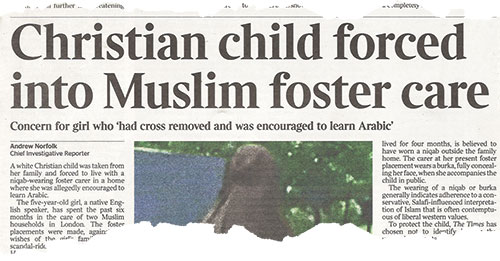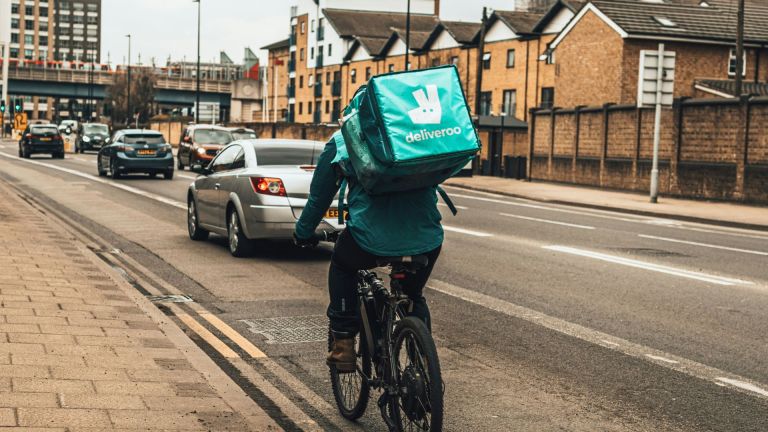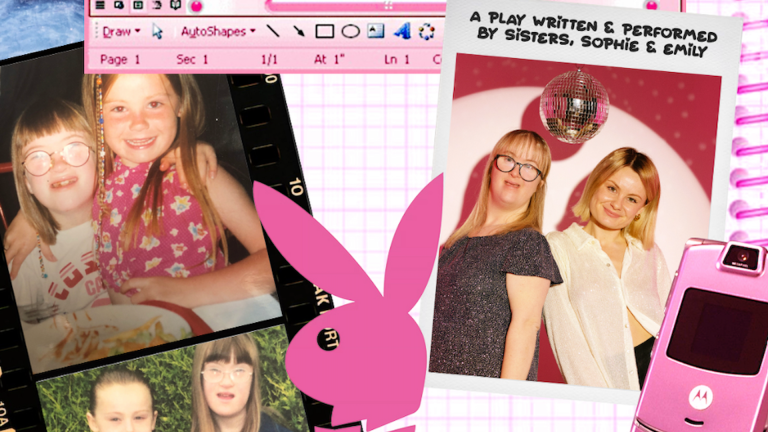The UK’s fostering system was in the eye of a media storm last week after The Times claimed a young Christian girl had been placed with a Muslim family. Tower Hamlets council hit back at the “inaccuracies” of the story, saying that the girl had in fact been temporarily placed with an English-speaking family of mixed race. Fostering Network chief executive Kevin Williams says religion, culture, age or background are no barrier to fostering…
The fantastic job that tens of thousands of foster carers do looking after the 64,000 children and young people who are fostered every day rarely gets the acknowledgement it deserves.
Unfortunately, fostering did hit the headlines last week but not for the reasons it ought to. Worse still, these headlines are in danger of distracting from the real fostering story – that young people across the UK are flourishing because of the love and stability they receive from foster carers, and that thousands more foster carers are needed every year.
The story has also highlighted a significant lack of understanding of what fostering is and how it works, in particular how it is decided which foster family a child will live with.
When a child comes into care needing a foster family, their needs will be assessed and prioritised
When a child comes into care needing a foster family, their needs will be assessed and prioritised – these needs include health, education, proximity to family and school, hobbies and interests, cultural background, religion, language and so on. This is a complex process and, like in the rest of fostering, is one in which learning and improvement is being sought all the time.
There is no set hierarchy of needs that must be met – instead there is a hierarchy for each individual child, which should be decided on a case-by-case basis by social workers who know the child. For example, a child with a particular disability may benefit from a foster carer who has specialist knowledge in that disability, even if that foster carer is from a different religion.











